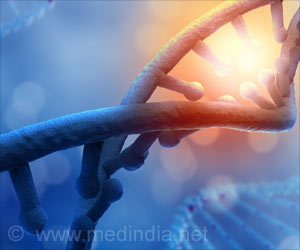
‘Mother’s stress response may even influence the biology of her future generations like grandchildren.
’
Tweet it Now
The study hence explored the effects of danger sense like change in temperature (which can be harmful or even fatal to the animal) on the mother roundworm and her reaction towards it. Moreover, they also anticipated testing if the memory of the particular stress exposure was stored in the egg cell. “Genes have ‘memories’ of past environmental conditions that, in turn, affect their expression even after these conditions have changed. How this ‘memory’ is established and how it persists past fertilization, embryogenesis, and after the embryo develops into adults is not clear. This is because during embryogenesis, most organisms typically reset any changes that have been made to genes because of the genes’ past activity,” says Veena Prahlad, associate professor in the Department of Biology and the Aging Mind and Brain Initiative, who led the study.
Effect of Stressors
The team subjected the roundworm mothers to heat stress, under certain conditions, and through their genes modification. It was found that stress exposure not only passed to their offspring but even to their offspring’s children.
Moreover, the stress memory was ingrained in the mother’s eggs through the actions of a protein called the heat shock transcription factor, or HSF1 (a protein that is activated by stressors).
Advertisement
“We found that HSF1 collaborates with the mechanisms that normally act to ‘reset’ the memory of gene expression during embryogenesis to, instead, establish this stress memory. What we found all the more remarkable was that if the mother was exposed to stress for a short period of time, only progeny that developed from her germ cells that were subjected to this stress in utero had this memory. The progeny of these progeny (the mother’s grandchildren) had lost this memory. However, if the mother was subjected to a longer period of stress, the grandchildren generation retained this memory. Somehow the ‘dose’ of maternal stress exposure is recorded in the population,” says Prahlad.
Advertisement
Source-Medindia















